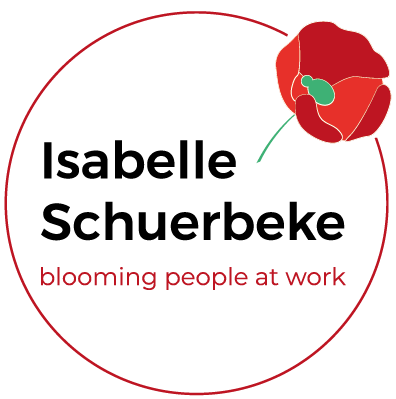On which field are you playing?
Regardless of whether or not you are a football fan (and those who are, no doubt have the time of their lives nowadays), there is an image that I often use in coaching and training sessions which I would like to share with you. Let's say that we all have a football field to play on in our lives and work situations. our football fields are all surrounded by other football fields, those of people you live and work with. Every day, often without realizing it, balls are thrown onto your field: it may be a task that someone is asking you to do or a responsibility that is not really yours but you end up with anyway. Or it might be someone else’s conviction which is so stubbornly present in your own mind that over time it has become your own conviction too. In an attempt to do good for others or to try to do our job or duties in the best possible way, we often struggle with all the balls unrightfully lying on ou field. They are indeed a heavy burden to carry. The multitude of responsibilities which we cannot carry or fix for someone else, are often dragging us down and block the road to self-care and constructive relationships. We regulary need to reflect on which balls are lying on our field and do not belong there. They are often issues we struggle with…

